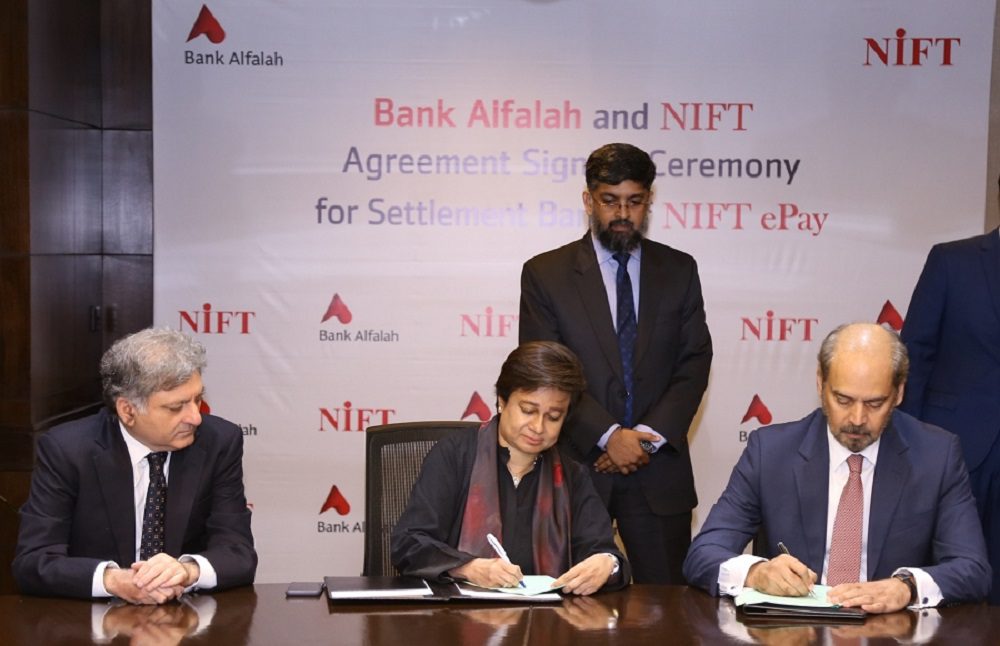
NIFT Signs Agreement with Bank Alfalah for Digital Financial Services
In an effort to promote Digital Financial Services (DFS) in Pakistan, National Institutional Facilitation Technologies NIFT, an existing Payment System Operator/Provider (PSO/PSP) offering nation-wide cheque clearing services, has signed an …
NIFT Signs Agreement with Bank Alfalah for Digital Financial Services Read More